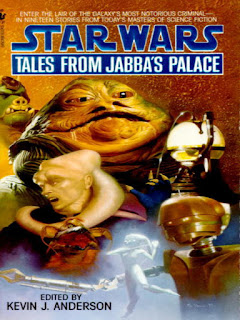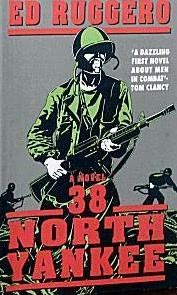'Star Wars: The Radio Drama' Episode Review: 'Black Knight, White Princess, and Pawns'

(C) 1981 National Public Radio (NPR) and Lucasfilm, Ltd. Tomorrow, May 25, 2017, marks the 40th anniversary of the theatrical release of George Lucas's Star Wars (aka Star Wars - Episode IV: A New Hope ). Although very few people, including its then 33-year-old writer-director, imagined it, the space-fantasy film set a long time ago in a galaxy far, far away was not only a box office hit; it also launched a multi-media franchise that includes eight live action films (with more on the way), two animated series for television, a library's worth of tie-in books, comic book adaptations and graphic novels....even a "mashup" tribute called William Shakespeare's Star Wars series. Brian Daley (1947-1996) One of the most interesting adaptations of the original Star Wars film was Brian Daley's 13-part radio drama, which was produced for National Public Radio by KUSC-FM Los Angeles with the cooperation of Lucasfilm, Ltd. Known in sci-fi circles for his b




